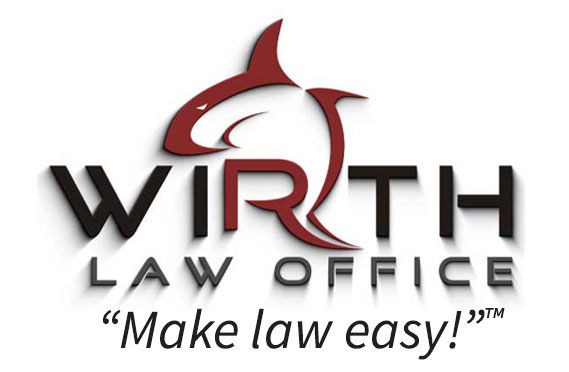Crimes Include Identify Theft and Fraud
Hi, this is Stuart Ericson. I am an attorney in Oklahoma. Today we are talking about the so-called white-collar crimes.
We talked about some of those in a different video, but white-collar crimes. These are crimes that are kind of paper crimes or business crimes or retail-type crimes. They’ll be crimes like fraud, and embezzlement. There’s an accountant at some corporation and they find a way to siphon off money to themselves. That would be a white-collar crime. Identity theft, some frauds, or computer crimes, would be considered white-collar crimes.
Again, the majority of those crimes differ in severity and punishment and type based on how much money was taken. A lot of the thresholds are a thousand dollars. Was it less than a thousand dollars? Is it more than a thousand dollars? All of this can simply be looked up. Again, we talked about looking up crimes and punishments, and offenses on oscn.net.
As a practical matter, white-collar crimes, generally speaking, usually get a lot of probation sentences. Not a lot of people go to prison for white-collar crimes because the thought process is, even from District Attorney’s offices, and most victims are that they want their money back. Obviously, sending somebody to prison is not going to allow them to get their money back. In the majority of these cases, and yeah, there are exceptions to everything, but in the majority of cases, you’re going to get probation.
These are the kind of cases that generally get the longest probation times. Where most probation is either 2, 3, or 5 years probation, these types of white collar crimes, fraud, and embezzlement, are sometimes the ones where you can get a 5 to 10 year, or longer if it’s allowed under the law, probation sentences because the idea is there’s going to be restitution to be paid. If it’s a big amount of money, it’s going to take longer to pay it off so they really try to stretch these probations out.
Let’s say you get, there’s an embezzlement case of $10,000 and plead guilty. You get a five or seven-year deferred and of course, the biggest probation thing on that is, besides do not commit a new crime, is pay back the restitution. There’ll be a restitution schedule or agreement and it’ll list the entire amount of restitution that is owed, who it is owed to, and how it’s to be paid.
Generally speaking, there’ll be a monthly amount. Let’s say it’s $250 a month to get that restitution paid. Of course, this is also a situation where a lot of violation reports come in because this is something that they’ll be really watching for. If you pay $250 a month for the first three months and then the next six months there’s no money paid, the person isn’t calling their probation officer. All of a sudden they look and go, wow, that’s been six months since no payment. They reach out, can’t get ahold of anybody, and they’re going to file a violation report. Get you back into court for a violation of your probation.
Again, that’s where you may try to stipulate and say, hey, give me more time to get in compliance, or if they’re just done, they may say, judge, they’re not going to pay restitution, send them to prison.
That’s the biggest thing with white-collar crimes is restitution. Again, most likely you’ll get probation, but definitely will get restitution and they’re looking to get that paid. If not, there could be pretty severe consequences.
If you have questions for a Wagoner criminal defense lawyer about these white-collar crimes and any specifics or how they work, reach out to me, Stuart Ericson at wagonerlawyer.com.








